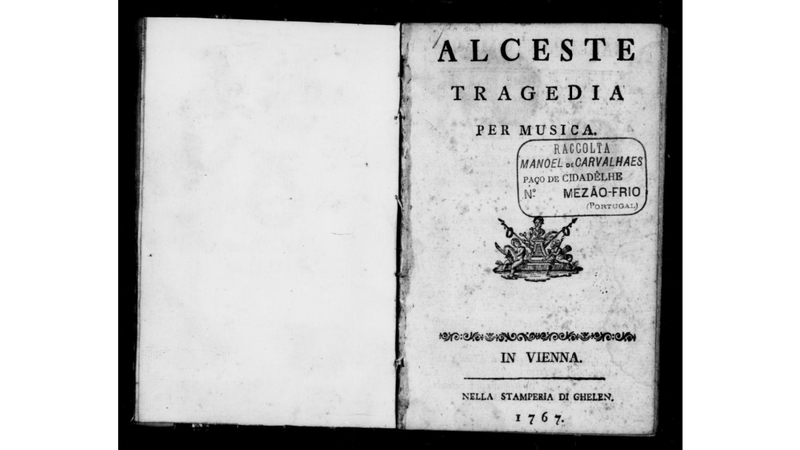Librettist and poet. After numerous years working in Italy, in 1761 Calzabigi took up residence in Vienna where, together with the composer Christoph Willibald Gluck and the theatre director Giacomo Durazzo, he embarked on a reform of opera seria, recasting Metastasian librettos after the fashion and principles of French tragédie en musique. Their first collaboration, in 1762, was Orfeo ed Euridice; Alceste followed in 1767 and Paride ed Elena in 1770. He also contributed to Gluck’s 1761 ballet Don Juan. Calzabigi set out his ideas concerning ‘reform opera’ in a preface to the published edition of Alceste (1769):
- resolved to avoid all those abuses which had crept into Italian opera through the mistaken vanity of singers and the unwise compliance of composers... I sought to reduce music to its true function: that of serving poetry, strengthening the expression of feelings and the interest of situations, without interrupting the action, or weakening it with superfluous ornaments.

Christoph Willibald Gluck and Ranieri de’ Calzabigi, title page of Alceste, Vienna 1767
- Mozart Relevance
-
Mozart was clearly aware – as was the whole of the operatic world – of both Calzabigi’s prominence and his operatic reforms. Calzabigi is mentioned once in the family correspondence when, on 11-12 February 1778 Leopold Mozart wrote to Wolfgang concerning what he saw as his son’s ill-conceived plan to travel with Aloysia Weber, a budding soprano, on tour to Italy:
- You are thinking of taking her to Italy as a prima donna. Tell me, do you know of any prima donna who, without having first appeared many times in Germany, has walked on to the stage in Italy as a prima donna? In how many operas did not Signora Bernasconi sing in Vienna, and operas too of the most passionate type, produced under the very severe criticism and direction of Gluck and Calzabigi?
Mozart’s opera buffa La finta giardiniera K196 (1775) is thought to have been based by the librettist, Marco Coltellini, on a text written by Calzabigi for Pasquale Anfossi’s setting (1774, Teatro delle Dame, Rome). In 1779, Mozart set the text ‘Popoli di Tessaglia—Io non chiedo, eterni Dei’ K316 from act I, scene 2 of Alceste.
- Date 1
- 1714-12-23 Naples
- Date 2
- 1795-7-31 Naples
- Location
- Vienna, Austria